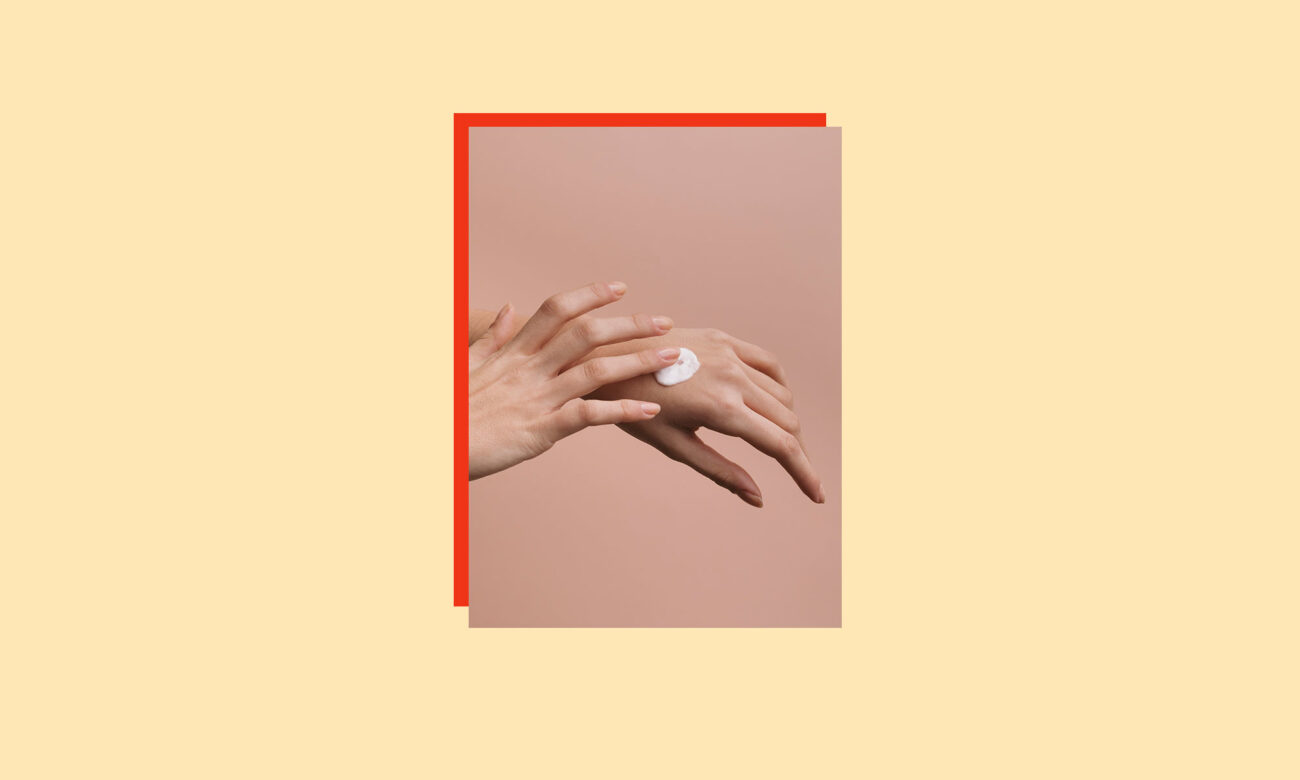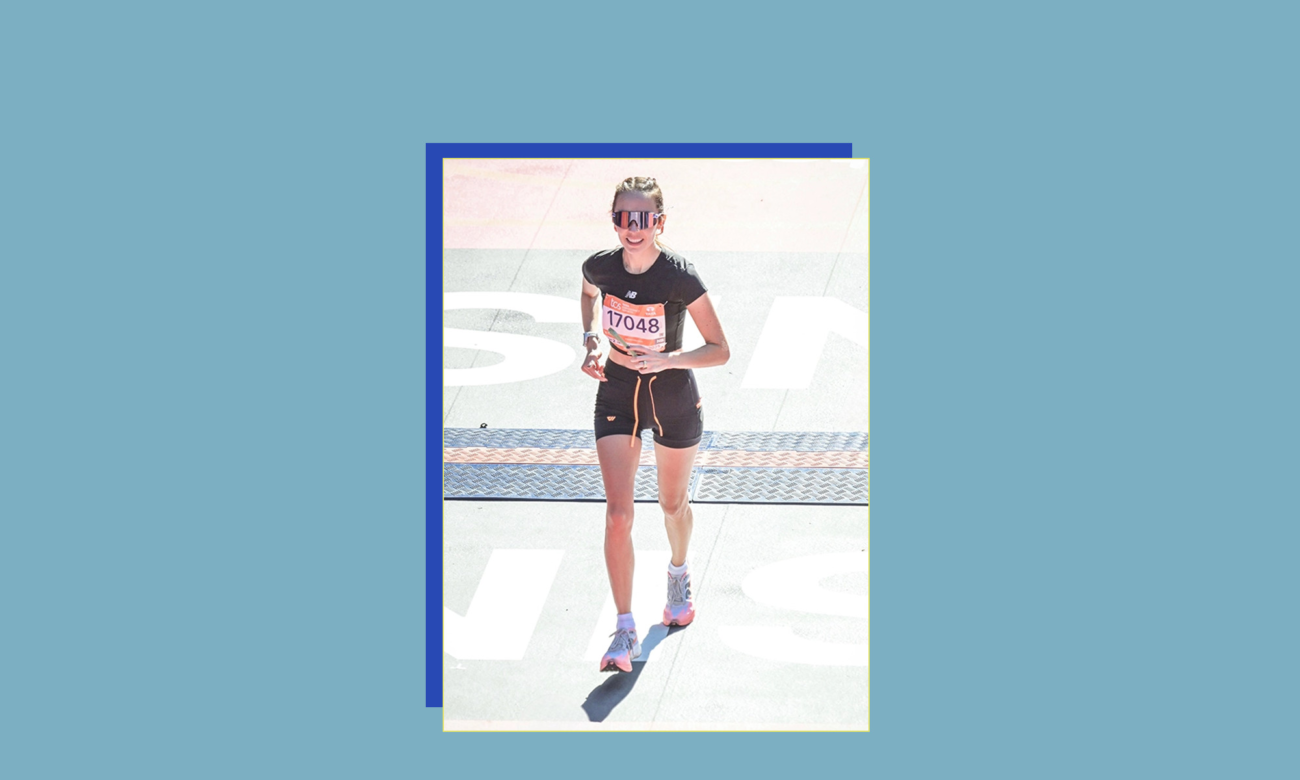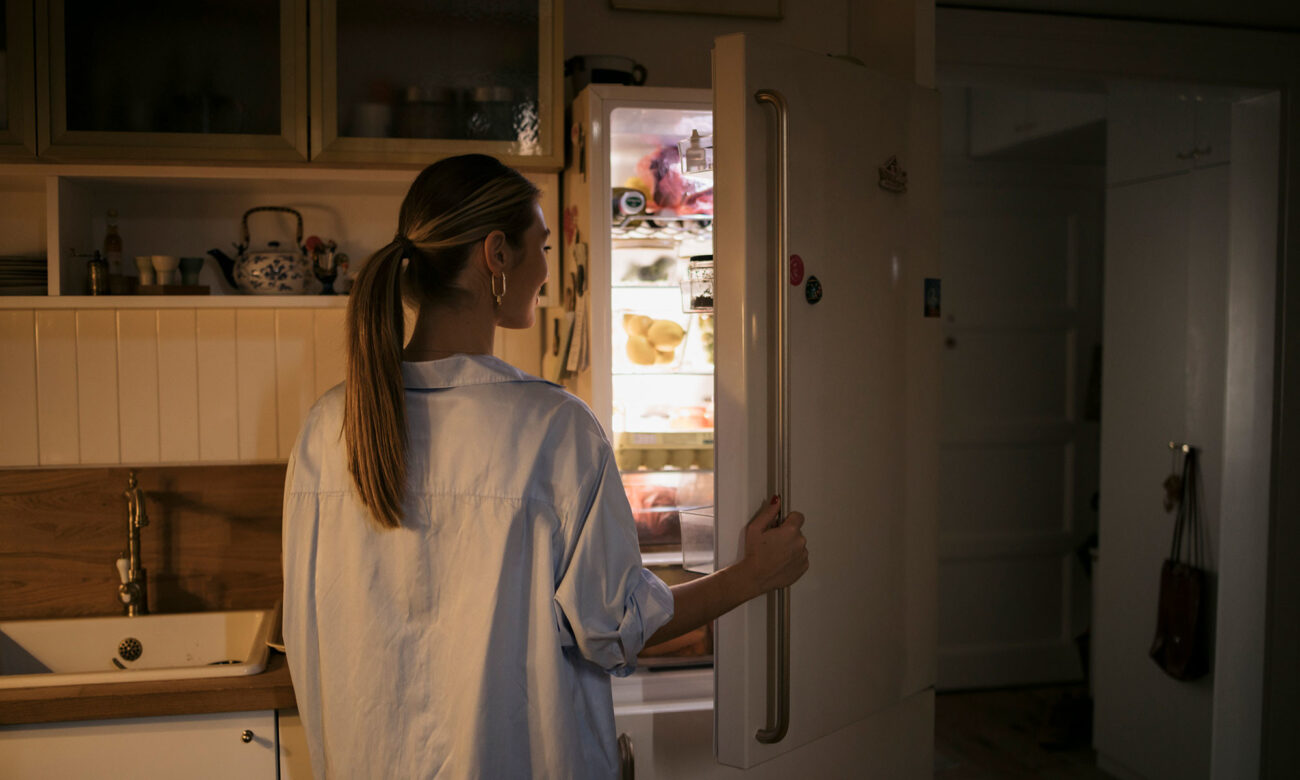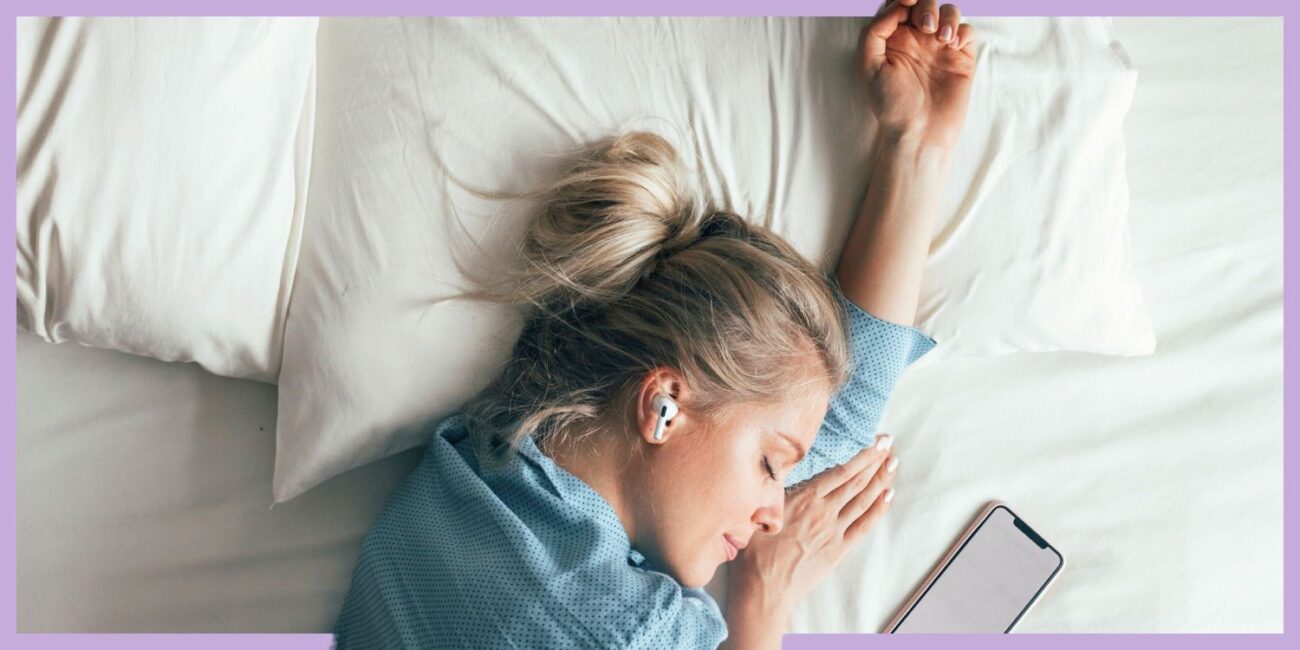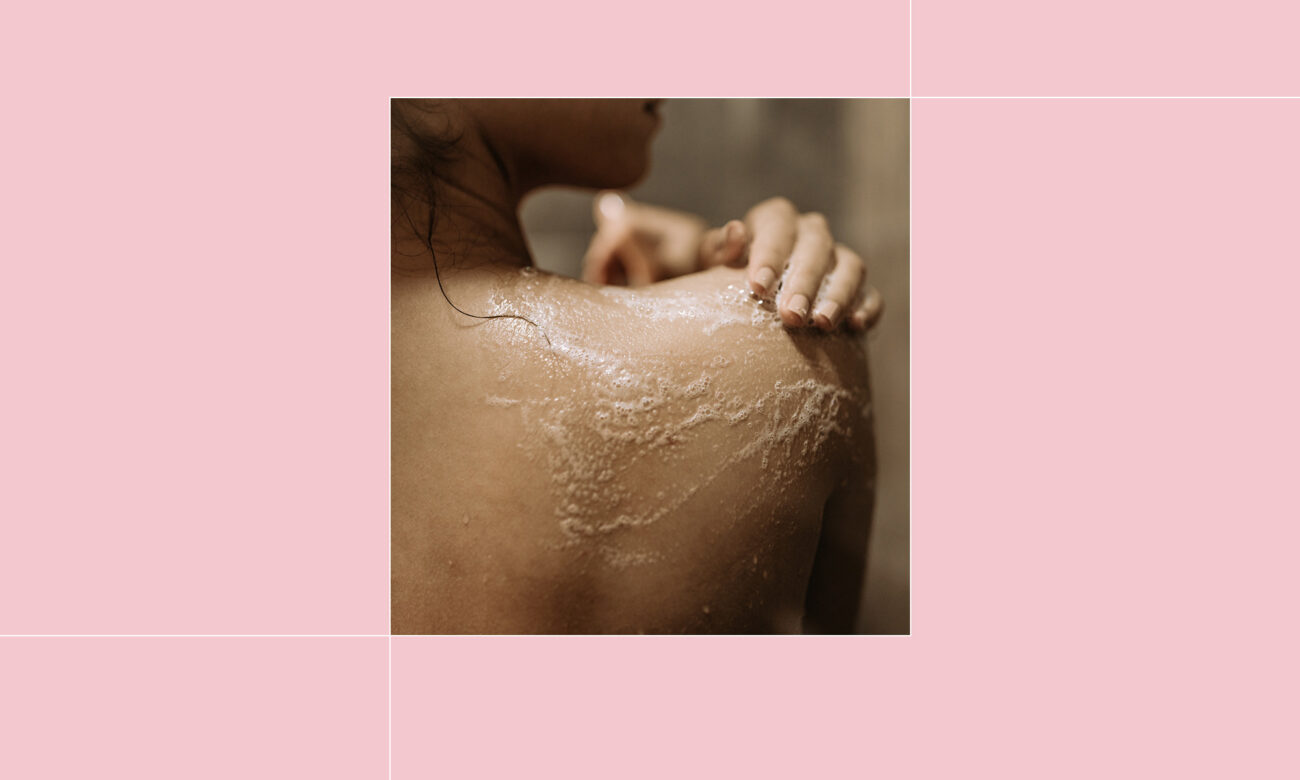Blog
Is it a good idea to go to a therapist who is younger than you?
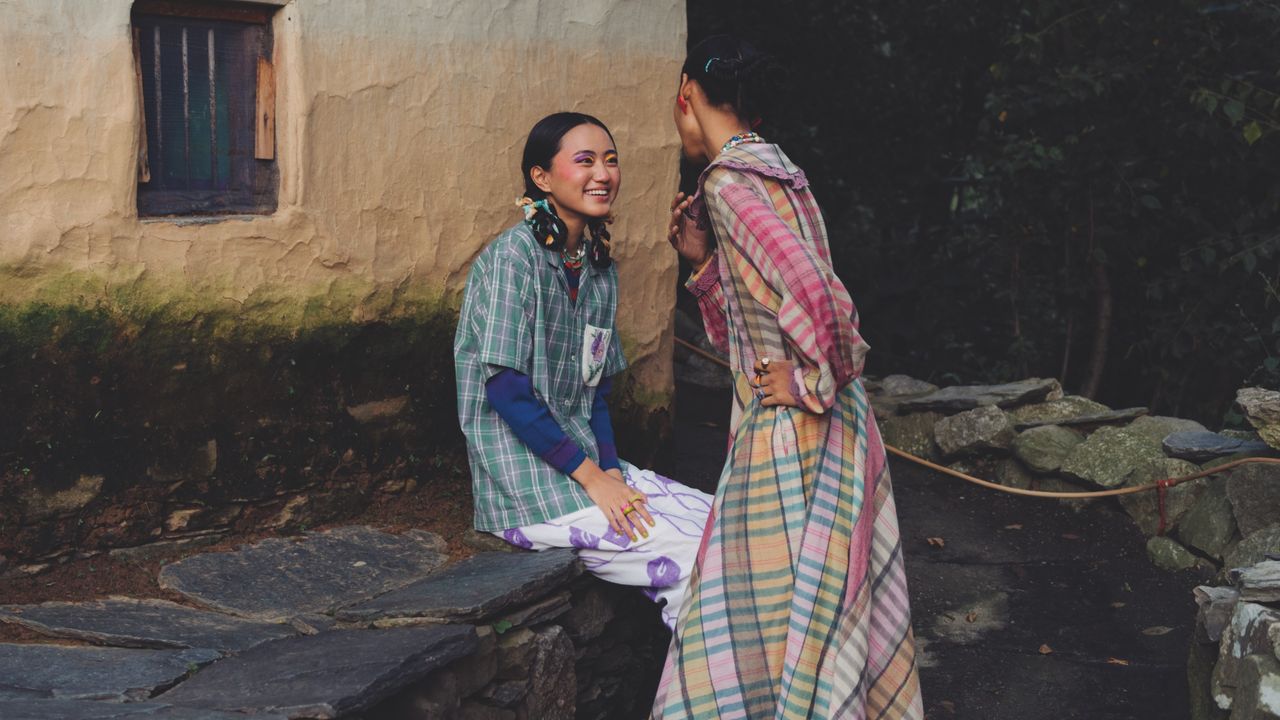
“In India, there’s a mindset of ‘I am experienced, I already know everything’,” shares 32-year-old psychotherapist Rhea Gandhi, whose oldest client so far has been 78. “Because age is associated with knowledge to a great extent, many older therapists don’t update themselves on the newer forms of therapy or lifestyles, so there is a disconnect in some ways from how much psychotherapy has progressed as a profession. But experience is an active form of learning, not a passive consequence of ageing.” The mark of a successful relationship, she adds, is the capacity to build equality in the relationship. “Our Indian mindset about age and knowing better doesn’t help a dynamic. As therapists, we have many theories and understand the science of what’s happening. But how it lives in a person, how it manifests and what it feels like to be in that person’s body—that is something the client always has more experience with.”
Unfortunately, many Indians who seek help assume that therapists are unquestionable authorities who will hand them all the answers. 32-year-old psychotherapist Dishaa Desai admits that even the best therapist-client relationships have an inherent power imbalance but believes that a good therapist is honest about their limitations. Younger therapists are dealing with the same problems that their clients come to them with—whether that’s an unpredictable job market, the relentlessly bleak news cycle or even climate grief. An older therapist might dismiss the anxiety caused by the very real threat of a sudden lay-off, for instance, especially if they haven’t been able to update their skillset to address the psychosocial distress caused by our current late-capitalist corporatocracies. A younger therapist, on the other hand, may be more compassionate towards the idea that these larger issues aren’t tackled with deep breathing exercises. “That honesty in saying ‘I don’t know’ or ‘I am not going to have all the answers all the time’—people do feel a sense of belonging with that,” Desai explains. “They don’t feel as lonely, like they are the only ones struggling with not knowing how to deal with a particular concern. It helps the client be more compassionate with themselves.”
60-year-old Leena*, who has been seeing a 30-something somatic therapist, points out that people often consult medical doctors far younger than themselves, so why should they have an age bias when it comes to mental health professionals? “A doctor doesn’t have to have broken his own leg to know what a fracture is,” she says. “When I was in my late forties, I would have hesitated to see a therapist who was younger than me, but then I saw a younger nutritionist, and she was so good.” Connection is key, she adds, but so is training and upskilling. “Today, I would recommend younger people hands down.”


